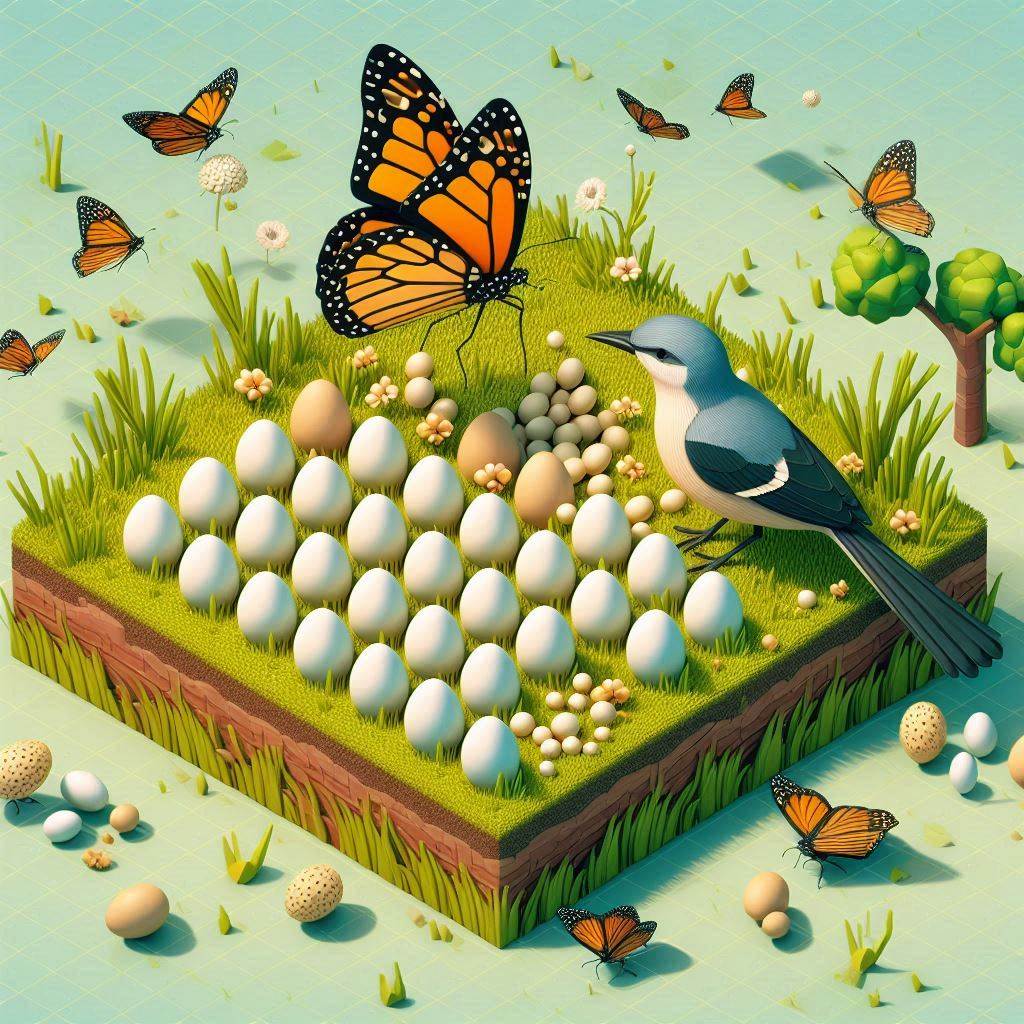Teaching
Evolutionary Ecology
Evolutionary ecology studies the interaction of organisms with their environment in an evolutionary context and how evolutionary patterns are explained by the ecological relationships of species. It is a theoretical-practical course, where after the presentation of concepts, we have practical classes to test hypotheses related to the topics. Topics: the evolution of sexual reproduction, sexual selection, the evolution of life history strategies, death and senescence, the evolution of foraging, coevolution, group living, and altruism.

Animal Colouration
Understanding the ultimate and proximate causes of animal colouration. The ecological and evolutionary contexts of animal colouration are presented. It is a theoretical-practical course, where after the presentation of concepts, we conduct experiments to test hypotheses related to the topics. Topics: the physics of colours; photoreceptors and visual pigments; methods to measure colour; evolution of honest signals; evolution of dishonest signals; costs of signalling in communication between individuals; evolution of aposematism; Batesian and Müllerian mimetism, camouflage strategies; thermoregulation.
Some lessons:
Linear Models and Variations
Practically learning the use of Linear Models in R for statistical analyses. Linear models allow the incorporation of various characteristics of biological data, such as different levels of variation (nested/mixed models), evolutionary history, spatial and temporal correlations, and non-Gaussian error distributions (Poisson, binomial, etc.). Topics covered: General Linear Models, Generalised Linear Models, Mixed Linear Models, Model Validation, Data Simulation.
Some lessons:
